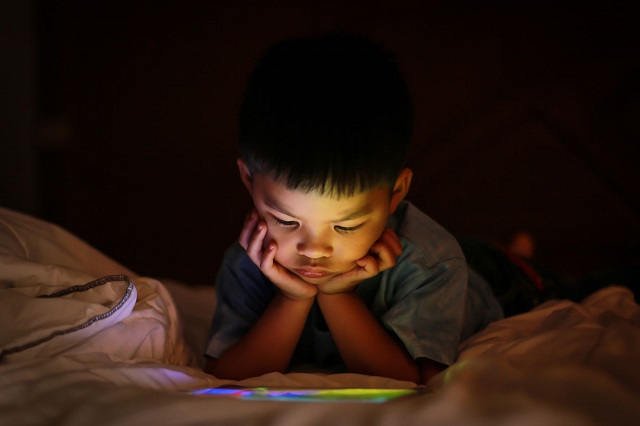Parenting is one of life’s most rewarding yet challenging experiences. From the moment a child is born, parents take on the responsibility of nurturing, guiding, and shaping a young life. But as beautiful as the journey is, it’s also filled with uncertainties, struggles, and moments of self-doubt. The truth is, no parent has all the answers, and that’s okay. Parenting isn’t about perfection—it’s about love, patience, and continuous learning.
Understanding Your Child: Every Child is Different
One of the biggest lessons in parenting is understanding that every child is unique. What works for one may not work for another. Some children are naturally independent, while others need more emotional reassurance. Some are quick learners, while others take time to grasp new concepts. Instead of comparing, it’s important to embrace and support your child’s individuality.
A great way to do this is by observing their interests and strengths. Does your child love music, art, or problem-solving? Encouraging their natural talents helps build their confidence and fosters a sense of achievement.
Discipline with Love, Not Fear
Setting boundaries and discipline are necessary, but they should come from a place of love rather than fear. Instead of punishing mistakes, focus on guiding your child to understand their actions and consequences. Positive reinforcement, consistent rules, and open communication can help children develop a sense of responsibility while feeling secure in their parents’ love.
For example, instead of saying, “You’re not allowed to play outside because you didn’t finish your homework,” try “Once you finish your homework, you can play outside.” This small shift in communication teaches accountability without making the child feel punished.
The Power of Communication
Healthy parent-child relationships are built on open and honest communication. Encouraging children to express their feelings and thoughts creates a foundation of trust. Listening to them without judgment helps them feel valued and understood, strengthening their emotional well-being.
It’s important to create a space where your child feels safe to share anything without fear of being scolded or dismissed. Simple habits, such as asking about their day, listening to their little stories, and validating their emotions, go a long way in building strong emotional connections.
The Role of Emotional Intelligence in Parenting
Children don’t just need food, education, and discipline—they need emotional support. Teaching kids to recognize, express, and manage their emotions helps them grow into emotionally intelligent adults.
For example, instead of dismissing their sadness with “Don’t cry, it’s nothing,” try “I see that you’re upset. Do you want to talk about it?” Acknowledging emotions teaches kids that their feelings are valid, helping them develop emotional resilience.
Quality Time Over Quantity
Many parents feel guilty about not spending “enough” time with their children due to work or other responsibilities. But quality matters more than quantity. Even a few minutes of undivided attention—playing a game, reading a bedtime story, or having a heart-to-heart conversation—can strengthen the bond between parents and children.
Self-Care: A Necessity, Not a Luxury
Many parents prioritize their child’s needs while neglecting their own. But the truth is, you can’t pour from an empty cup. Taking time for yourself—whether through hobbies, rest, or social connections—makes you a better, more patient parent.
Self-care is not selfish; it’s essential for maintaining emotional balance and modeling healthy habits for your child. When children see their parents prioritizing mental and physical well-being, they learn to do the same.
Teaching by Example: The Power of Role Modeling
Children learn more from what they see than what they are told. If you want your child to be kind, respectful, and responsible, the best way to teach them is to demonstrate these qualities yourself.
For instance, if you want your child to develop good habits like reading, let them see you enjoying a book. If you want them to be polite, speak to others with kindness and respect. Actions always speak louder than words.
Handling Parenting Challenges with Patience
Parenting is full of unpredictable challenges—tantrums, teenage rebellion, sibling fights, and much more. How you handle these moments teaches your child valuable life lessons.
Instead of reacting with frustration, try to pause and understand the root of the problem. A child acting out is often struggling with emotions they don’t know how to express. Patience, active listening, and problem-solving together can turn difficult moments into opportunities for growth.
Embracing Imperfection
Parenting doesn’t come with a manual, and mistakes are inevitable. There will be moments of frustration, exhaustion, and even guilt. But every challenge is an opportunity to grow. What truly matters is showing up with love, learning from mistakes, and doing your best.
At the end of the day, parenting is a journey of love, learning, and growth—for both children and parents. So embrace the chaos, cherish the moments, and remember: you’re doing better than you think.




